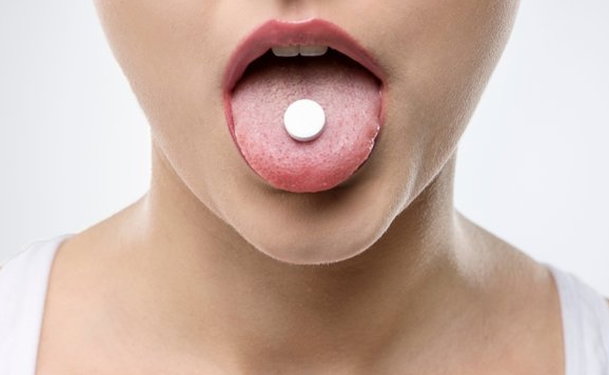Hyperhidrosis, more commonly referred to as excessive sweating, is a problem that plagues hundreds of thousands of Americans each year. Excessive sweating is typically defined in medical terms as uncommon perspiration from the armpits, feet, hands or other parts of the body when the patient is not engaging in physical activity and is at rest.
If you experience uncommon perspiration that you think may be caused by hyperhidrosis, and you're beyond the age of puberty, go see a doctor to have your condition diagnosed properly. If the doctor determines that hyperhidrosis is the cause of your problem, he may reocmmend one of the following oral medications be used to treat this condition.
1. Ditropan
The most common oral medication prescribed to treat hyperhidrosis is Ditropan. This drug is an anti cholinergenic, meaning that it is a drug that blocks the neurotransmitters throughout the body that cause your sweat glands to become active. The drug itself is not particularly designed to treat hyperhidrosis, but it generally has the side effect of causing dryness around the sweat glands in the body. Other common side effects from this medicine include dry mouth and blurry vision.
2. Robinol
Robinol is closely related to Ditropan and has a similar effect on the neurotransmitters in your body. It also has related and similar side effects, but they generally occur in milder forms than for Ditropan. The benefits of Robinol are also, consequently, lower in proportion than those of Ditropan.
3. Probanthine
Probanthine is a third drug that has a very similar active agent and result as both Ditropan and Robinol. This medicine is a good alternative to both Robinol and Ditropan for people who are allergic to one or both of these drugs. The side effects of Probanthine are slightly different than those from the other two drugs here, and may include lightheadedness, nausea, dryness of palms, mouth and nose, and more.
Other Treatment Options
As with any other prescription medicine, you'll need to receive a recommendation from a doctor in order to receive the medicine. There are also other types of medication that are commonly used in order to treat the symptoms of hyperhidrosis. These include topical treatments that are applied to various parts of the body (used specifically if the excessive sweating is isolated in a particular location), natural treatments that do not make use of chemicals and other standard drugs, and more.
As with any other prescription medicines, it's important that you keep in close contact with the doctor who prescribed the drug to you throughout the duration of the treatment schedule. If you happen to have any adverse effects or an allergic reaction to the drug, discontinue use immediately and speak with a doctor for additional assistance.
Make an appointment with a dermatologist or another doctor today in order to speak about your potential hyperhidrosis problem and begin treatment. Fortunately, this condition is typically entirely treatable in virtually every case.



